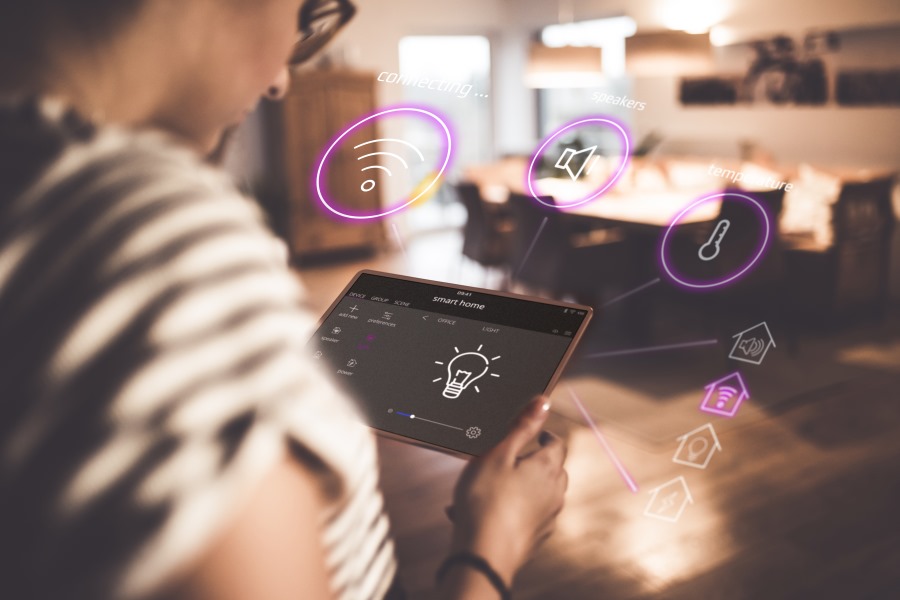Naturally, there are many uses for these around the house, hence their popularity. Whilst, they can’t control wall switches, they can work with any upright lamps, enabling the homeowner to schedule the lights to come on or go off at a specific time or activate them remotely, so a house can appear to be occupied as an added security precaution. All appliances can be turned off when leaving the house and security cameras can be disabled when the house is occupied, saving power and storage. Indeed, reducing power consumption is another key benefit of the Smart Plug. Some also feature built-in energy monitoring, enabling the homeowner to analyse the energy being consumed by each connected device. Of course, the Smart Plug can only turn the mains power on or off, so the device itself needs to be switched on to operate it. However, the ability to add voice control with an Amazon Alexa or a Google Home is likely to increase the appeal of the Smart Plug still further.
Staying Safe
As you would expect, there are a number of Smart Plug options, with different features, on the market at different price points. However, one important consideration for the retailer is to stay smart by ensuring compliance with electrical standards. All UK plug and socket adapters which have been introduced to market since August 2016, regardless of whether they incorporate electronics or not must comply with the UK’s National Electrical Safety Standard BS 1363-3: 2016. Prior to August 2016, there were no standards which were specifically applicable to adapters which incorporated electronics. Any adapters which contained electronics fell out of the scope of BS1363-3 and instead fell into scope of BS 5733 which provides no specific requirements for a product’s electrical rating. This led to products such as Smart Plugs, sockets and extension leads, which contain electronics, to be rated well below the mandated standard of 13 Amps – whereas the same type of product without electronics would be 13 Amp rated as required by BS 1363.
Consumers naturally expect that their Smart Plugs to be just as safe as their traditional 13 Amp rated product. Not only was this seen as being confusing for consumers, it also significantly raised the risk of overloading and possible electrical fire. This risk was recognized by BSI and addressed by bringing such devices into the scope of the 2016 edition of BS 1363 which mandates that all products in scope are 13 Amp rated. While the new standard was introduced in August 2016, manufacturers have until 31st August 2019 to make their products (which fall inside the new scope) to be compliant. Consequently, products which do not conform to BS1363 will become illegal and should not be sold.
Whilst stocking a range of Smart Plugs makes perfect sense for the retailer, it’s important to stay smart with your choice of manufacturer. Exertis will only provide Smart Plugs and adapters that conform to these standards. There are often cheaper options on the market but these may well be limited to 10 Amps or less. Our Smart Plug recommendations include the TCP-Link HS-100 and HS-110, the Energenie Wi-Fi Smart Plug MIHO 109, TCP Smart Plug and Hive ICEPLUG. With Exertis’ Smart Plug recommendations, your customers can have genuine peace of mind.

